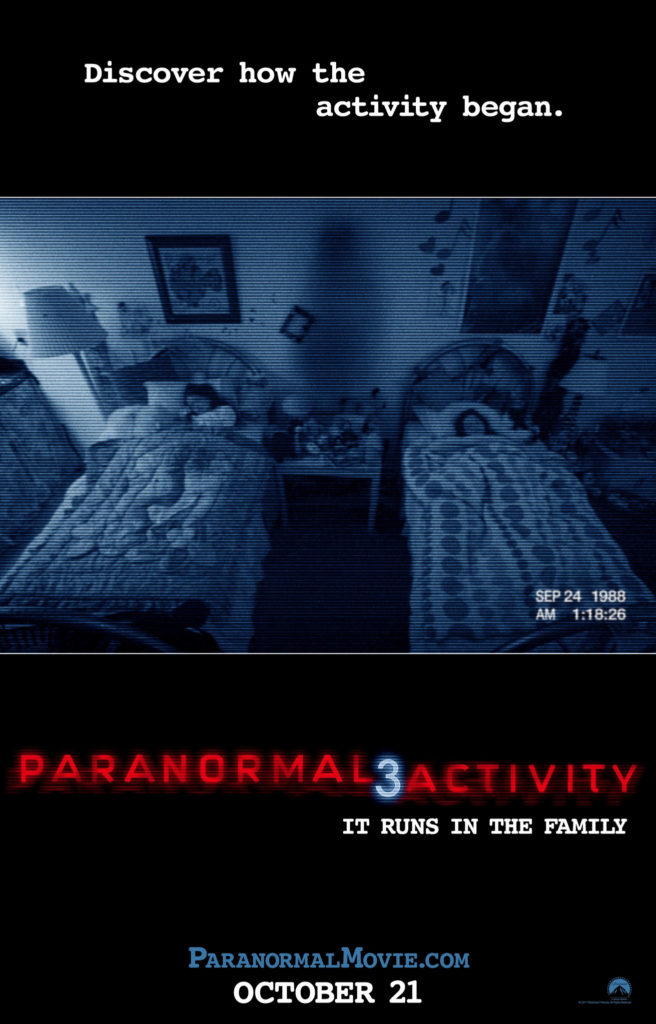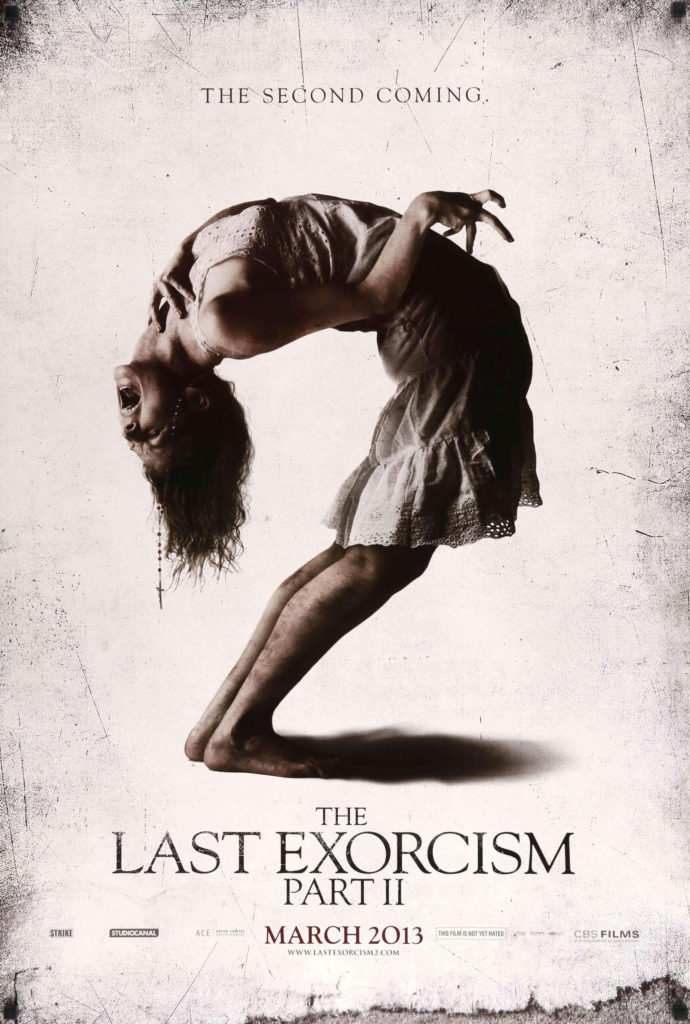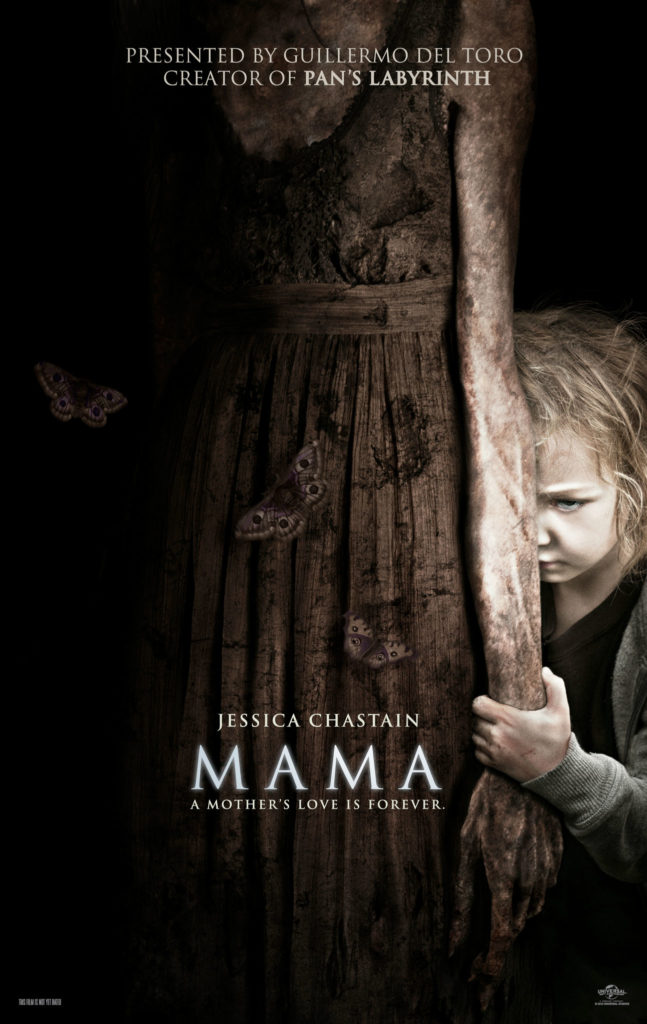 The only way to kill a movie franchise is to look away. The business model of the film industry necessarily requires that films display a certain amount of histrionic personality disorder (after all, if it ain’t worth looking at, it ain’t gonna make money), but eventually all franchises end up wearing out their welcomes. Narcissism, egocentricity, etc.; a person could have a field day going through the DSM looking up conditions that apply to the film industry, but it all gets back to money.
The only way to kill a movie franchise is to look away. The business model of the film industry necessarily requires that films display a certain amount of histrionic personality disorder (after all, if it ain’t worth looking at, it ain’t gonna make money), but eventually all franchises end up wearing out their welcomes. Narcissism, egocentricity, etc.; a person could have a field day going through the DSM looking up conditions that apply to the film industry, but it all gets back to money.
The Paranormal Activity franchise is a cash machine of unheard of proportions in Hollywood. To date, budgetary expenditures of around thirteen million bucks have resulted in three-quarters of a billion dollars in box office receipts. Holy shit. That’s actually quite amazing. And as long as people keep showing a willingness to go see the same movie over and over again, Oren Peli and company would be fools to stop satisfying the desires of the moviegoing public.
None of this means the movies have to be any good, of course.
Paranormal Activity 3 is the most recent of the series that I’ve seen, and truth be told, there is little different about this film than the first two, and probably the fourth, as well, which I have not seen. Writing a review for this film is a bit of an exercise in futility. Like the film, it would be mostly interchangeable with any review of the earlier films. I could write a brief summary of characters and plot, but in considering doing so, I’m being confronted by a strange feeling of hopelessness. Continue reading “Paranormal Activity 3”

 As moviegoers, we’ve been spoiled rotten this past decade. When a good movie is released that makes a pile of dough, the studios have been more than happy to invest money in a sequel, or two, or three. Unlike the days of Hollywood past, these latter-day sequels usually measure up to the original. Sure, there are still dogs out there, but long gone are the days of Jaws 2 and Rocky 2...and Jaws 3, and Jaws: The Revenge. The willingness of original stars and creative teams (i.e., them being contractually obligated) to retread familiar ground is a big part of this. Outdated notions of artistic integrity don’t stand a chance with all that potential money flying around.
As moviegoers, we’ve been spoiled rotten this past decade. When a good movie is released that makes a pile of dough, the studios have been more than happy to invest money in a sequel, or two, or three. Unlike the days of Hollywood past, these latter-day sequels usually measure up to the original. Sure, there are still dogs out there, but long gone are the days of Jaws 2 and Rocky 2...and Jaws 3, and Jaws: The Revenge. The willingness of original stars and creative teams (i.e., them being contractually obligated) to retread familiar ground is a big part of this. Outdated notions of artistic integrity don’t stand a chance with all that potential money flying around.  The last horror flick I saw with Guillermo del Toro serving as executive producer was The Orphanage, from 2007. I reviewed it in
The last horror flick I saw with Guillermo del Toro serving as executive producer was The Orphanage, from 2007. I reviewed it in